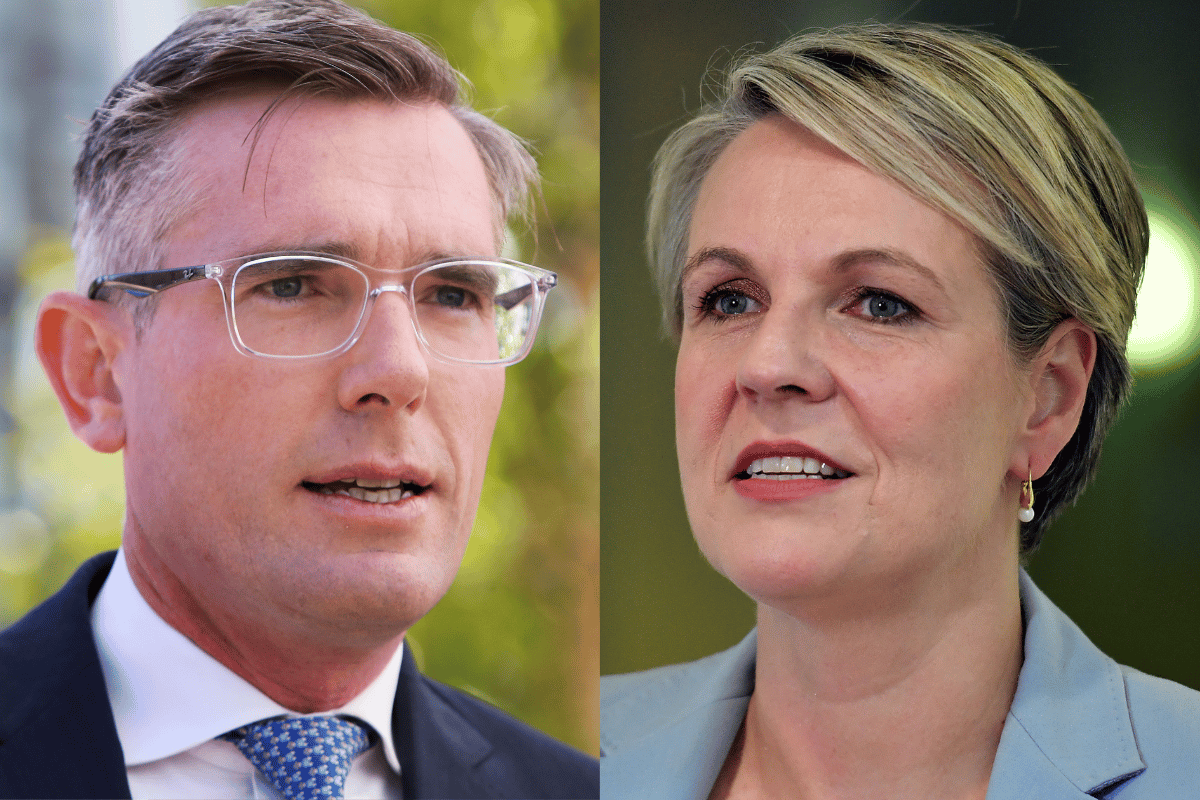
Tanya Plibersek wanted to talk about something important.
Her daughter, Anna, was ready to share the very personal, very difficult story of why she has created The Survivor Hub, a support service for survivors of sexual abuse.
Plibersek's biographer Margaret Simon was releasing an extract of her new book that included an interview with Anna about her teenage years, when she felt she was fading away, hostage to a partner who dictated almost every aspect of her life.
"I experienced pretty much every kind of abuse you can think of," Anna told Simon. "It was emotional, it was physical. It was even financial, as much as you can be financially abused as a teenager. He tried to stop me talking to my friends. I lost so many friends."
Watch: 6 signs of people who have been abused. Post continues below.
Anna's abuser was eventually charged with assault. Her mother, one of the most powerful women in the country, said that watching her daughter give evidence was "the hardest hour I’ve experienced as a parent."
So, when this story was told this weekend in the Sydney Morning Herald, Tanya Plibersek wanted to direct her spotlight onto her daughter's bravery and advocacy work.

Top Comments